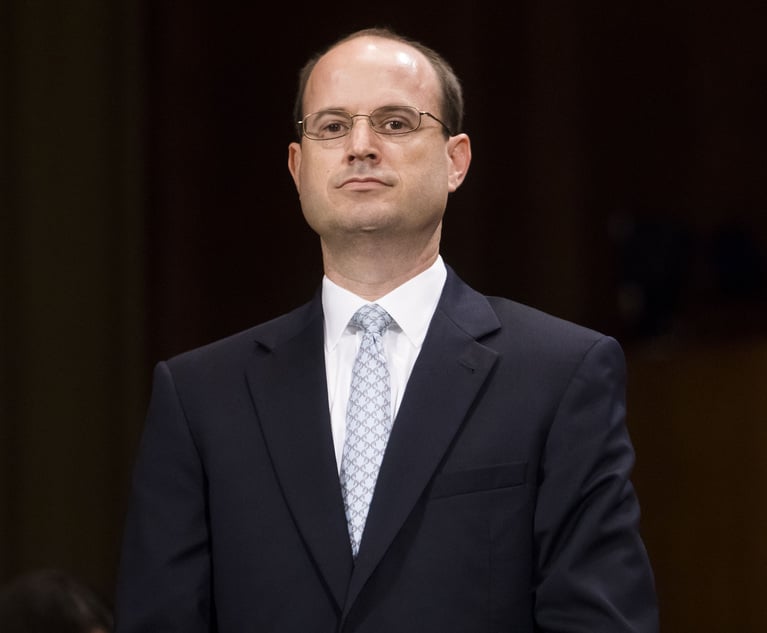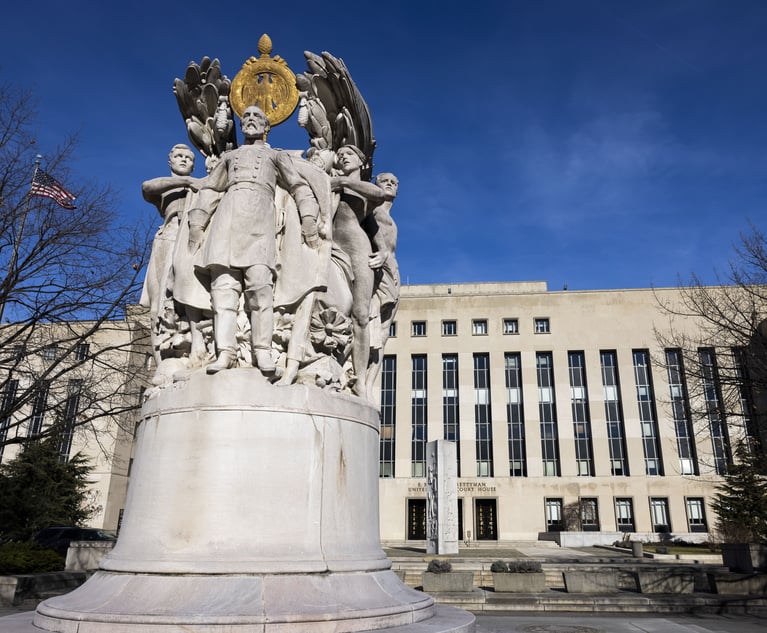Class action defendants are attempting to rewrite longstanding principles of personal jurisdiction, trying to defeat certification of nationwide classes by arguing that a court lacks personal jurisdiction over out-of-state class members’ claims where the defendant does not reside in the court’s forum state. The court cannot certify a class, the argument goes, unless it can establish personal jurisdiction over the claims of every out-of-state class member.
Defendants base this argument on a flawed interpretation of the Supreme Court’s recent opinion in Bristol-Myers-Squibb v. Superior Court of California, 137 S. Ct. 1773 (2017). Bristol-Myers was a mass products liability action brought by more than 600 individual plaintiffs in California state court against a pharmaceutical manufacturer, involving only California claims. The defendant challenged the state court’s jurisdiction over nonresidents’ claims on the ground that neither the conduct challenged, nor those plaintiffs’ injuries, had occurred in California. The court held that it lacked jurisdiction over the nonresidents’ claims because they lacked any connection to California, and “the conduct giving rise to [their] claims [had] occurred elsewhere.”


 Tal J. Lifshitz, left, and Rachel Sullivan, right, with Kozyak Tropin & Throckmorton in Coral Gables..
Tal J. Lifshitz, left, and Rachel Sullivan, right, with Kozyak Tropin & Throckmorton in Coral Gables..




